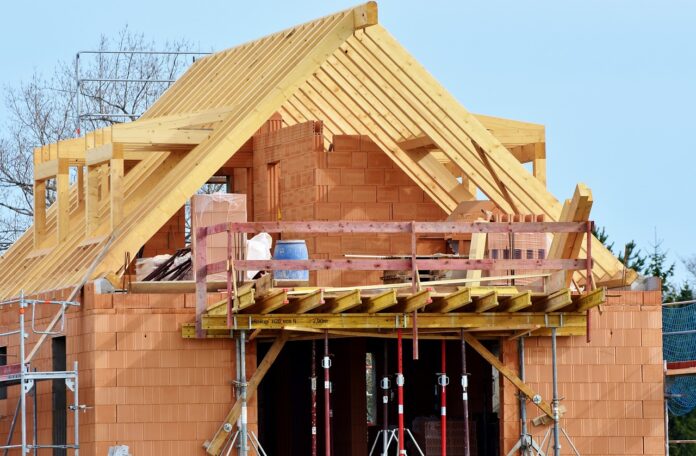New report by the Bevan Foundation and Shelter Cymru exposes scale of homelessness in Wales with 1 in every 215 households now living in temporary accommodation.
New research by leading Welsh charities, the Bevan Foundation and Shelter Cymru has cast light on the extent of Wales’ homelessness crisis and the impact it is having on people and families. The number of households living in temporary increased by 18% in the year to March 2024, meaning that 1 in every 215 households currently live in temporary accommodation.
For thousands of people this means being trapped living in hotels, B&B’s and on caravan parks. It means coping with a lack of cooking facilities, with inadequate facilities to wash and with a lack of space and privacy as entire families are cramped into single rooms – even sharing beds in some cases. Fundamentally, these are places that simply aren’t suitable, and that are having negative impacts on health and wellbeing, employment and education.
Yet record numbers of people in Wales are now living in such accommodation. With local authorities often having no choice but to rely on temporary accommodation as the impact of a decades long failure to build the social homes we need is compounded by soaring rental costs, the wider cost-of-living crisis and a welfare system that all too often fails to protect those in need.
The new research, published today, emphasises the human impact of this crisis with people sharing their stories to help highlight the real challenges that they face every day.
As one person living in temporary accommodation told researchers:
“I can’t keep going the way I’m going. My state of mind is deteriorating living here.”
The report highlights particular concerns about the impact of temporary accommodation on children. Nearly 3,000 children are living in temporary accommodation in Wales with their family, that’s nearly 6 in every 1,000 children (3,143), with a third of these having been stuck in temporary accommodation for over a year. Conditions are often not fit for children’s needs. One father with school age children told researchers:
“It’s not fair on the kids. My daughter doesn’t want to go to school anymore. She was having issues with other kids […] and she’s embarrassed about how we’re living. The kids can’t have friends over to this.”
With nearly 1,000 more households in temporary accommodation at the end of 2023/24 than at its beginning (966) and with only 30% of households successful moved into suitable permanent housing during the year, the charities are calling for the Welsh Government to act urgently to give people a hope of home by boosting the supply of social housing.
Wendy Dearden, Senior Policy and Research Officer, Bevan Foundation said:
“The human cost of our housing crisis is clear in the growing numbers with nowhere permanent to call home. We recognise that local authorities are doing the best that they can to help people, but a shortage of affordable homes for them to move onto is putting huge pressure on the system.”
Robin White, Head of Campaigns, Shelter Cymru said:
“Today’s report makes for harrowing reading, but what it says comes as no surprise. These are the stories we hear every day from the people coming to us for help, people who need a safe, secure, suitable and genuinely affordable social home but who are left with temporary accommodation as the only option because of a system that simply isn’t working. We know local authorities don’t want to be reliant on B&Bs and other expensive, short-term solutions. That’s why we need the Welsh Government to make tackling the housing emergency a cross-government priority and invest further in providing the social homes Wales desperately needs.”
Help keep news FREE for our readers
Supporting your local community newspaper/online news outlet is crucial now more than ever. If you believe in independent journalism, then consider making a valuable contribution by making a one-time or monthly donation. We operate in rural areas where providing unbiased news can be challenging. Read More About Supporting The West Wales Chronicle
























